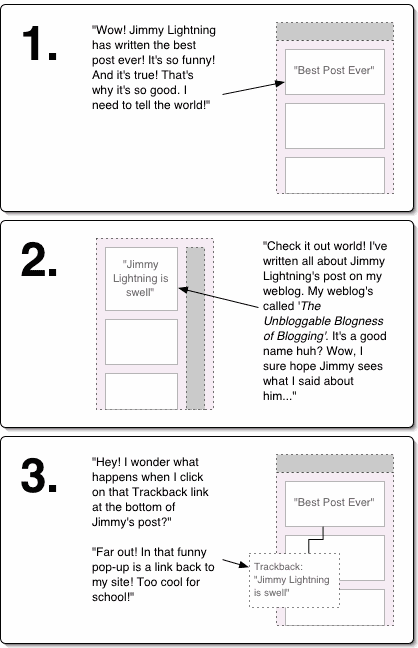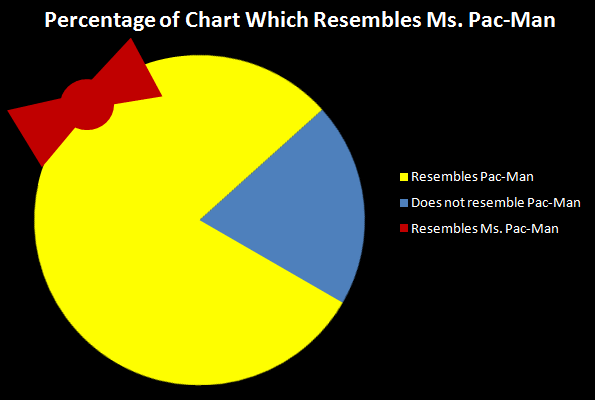
software development concepts
Is your PC capable of Hi-Def?
As I recently discovered, playback of high definition video is very demanding. You’ll need a beefy PC to achieve the holy grail of maximum 1080p (1920x1080) resolution playback. Here are the minimum system requirements according to Cyberlink: * Very fast single core CPU (3.2+ GHz Pentium 4, 2.0+










